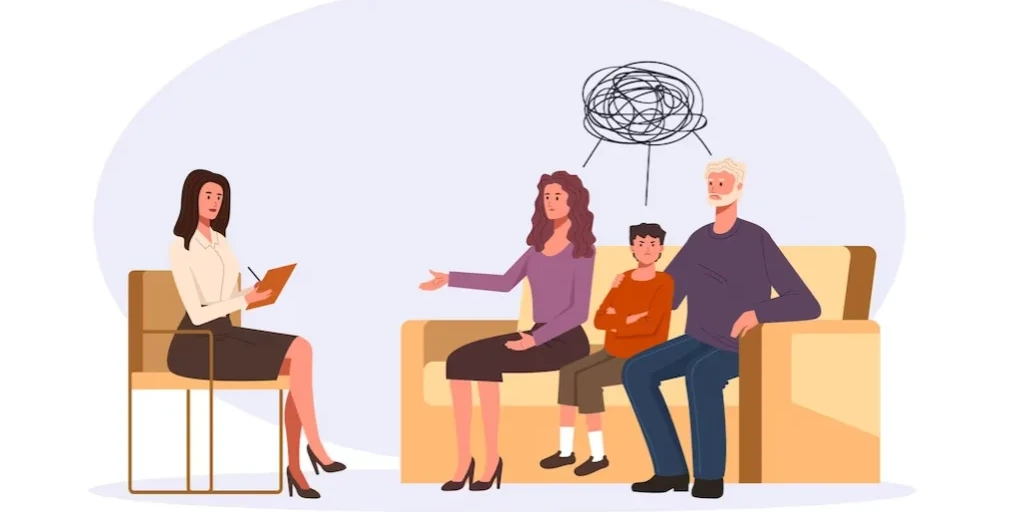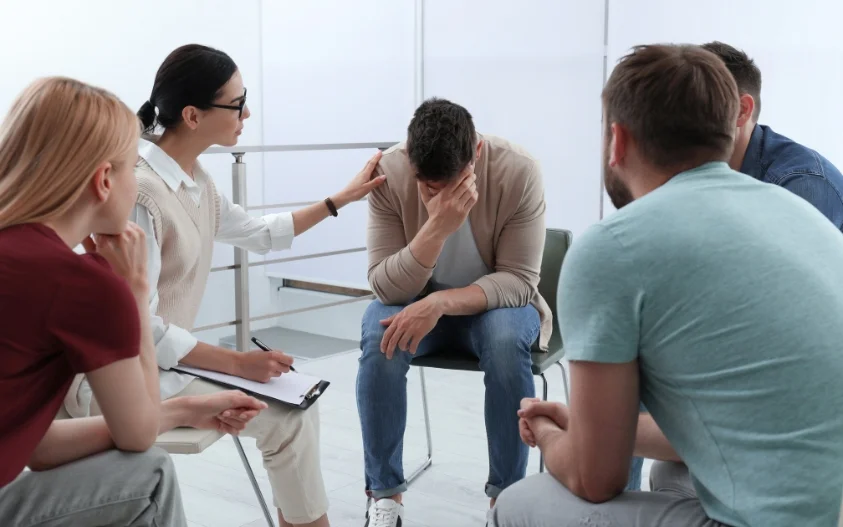24/7 Helpline:
(866) 899-221924/7 Helpline:
(866) 899-2219
Learn more about PTSD Treatment centers in Ackerman

Other Insurance Options

Carleon

UnitedHealth Group

WellCare Health Plans

WellPoint

Choice Care Network

Cigna

Magellan Health

MVP Healthcare

Anthem

AllWell
Beacon

State Farm

Self-pay options

Regence

Providence

United Health Care

Lucent

Optum

Magellan

CareFirst

Community Counseling Services
Community Counseling Services is a private rehab located in Ackerman, Mississippi. Community Counsel...


























